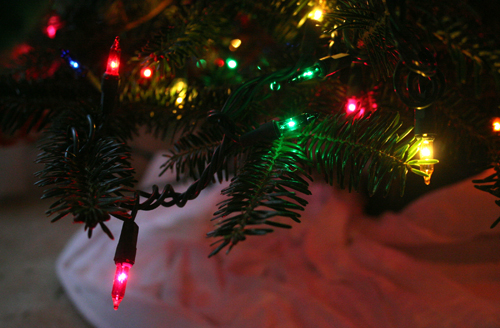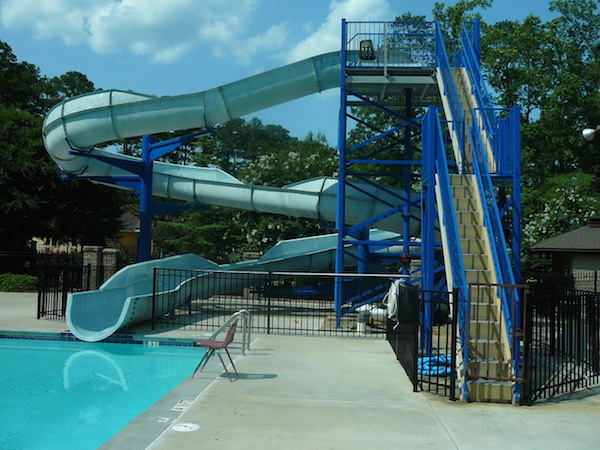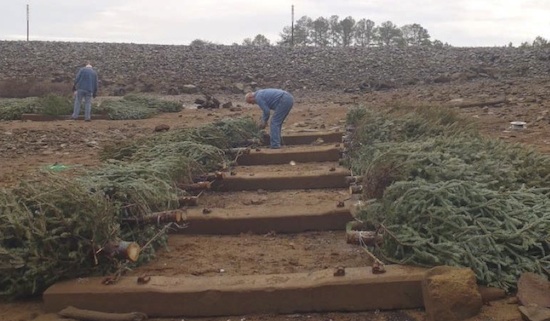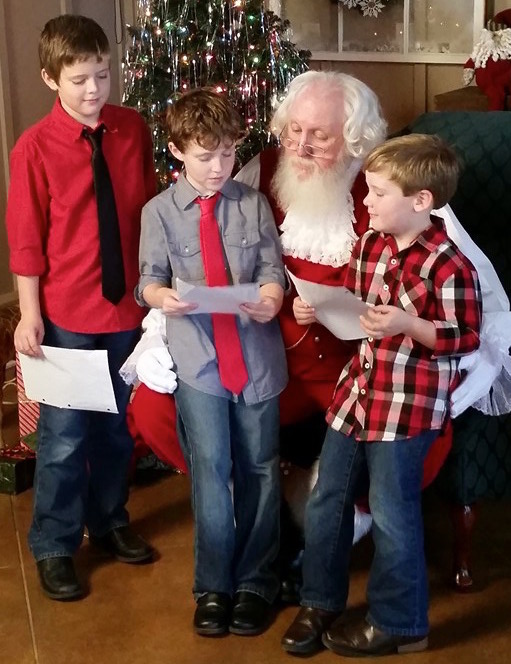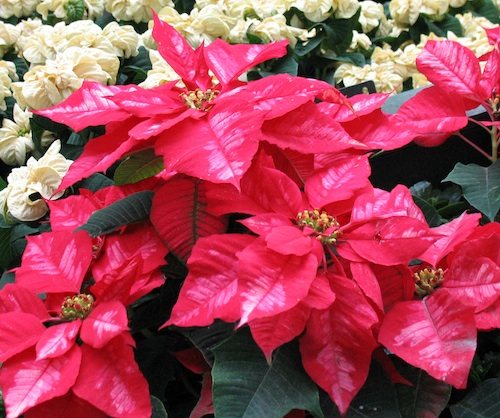Winter is a time for hanging holiday lights and keeping warm and toasty. Both of these activities can involve using extension cords. To keep your family safe while being warm and festive, University of Georgia Cooperative Extension urges homeowners to check extension cords closely.
Extension cords are rated for a certain load, but that limit is often overloaded by the use of adapters that allow you to plug in more appliances than the cord was designed to handle.
Don't exceed load
During cold weather, families may use small electric heaters to warm up small areas, like bathrooms. The average extension cord is rated at 1250 watts, but many heaters go up to 1500 watts. The average extension cord could easily overheat when used with a 1500-watt heater.
Faulty extension cords cause 7,400 home fires in the U.S. annually, causing 80 deaths and 260 injuries. To protect your home and your family, inspect all your extension cords before use. Do they overheat? Are they worn, cracked, brittle, spliced, taped? Are they covered by rugs or carpets? Are they overloaded? If any of these conditions exist, unplug them or replace them to correct the problem.
Do a whole-house check
Faulty extension cords are just one electrical fire hazard. Wall outlets, switches and electrical appliances can also cause fires and electrical shocks. To protect your home and family, conduct an annual electrical safety inspection of your home. Prevention is key to staying safe.
For more advice from Extension experts, view free publications online at www.caes.uga.edu/publications.

